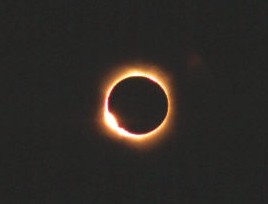
Back Мимнерм Bulgarian Mimnerm Catalan Mimnermos Czech Mimnermos German Μίμνερμος Greek Mimnermo Spanish Minermu EXT میمنرموس FA Mimnermos Finnish Mimnerme French

Mimnermus (Ancient Greek: Μίμνερμος Mímnermos) was a Greek elegiac poet from either Colophon or Smyrna in Ionia, who flourished about 632–629 BC (i.e. in the 37th Olympiad, according to Suda). He was strongly influenced by Homer, yet he wrote short poems suitable for performance at drinking parties and was remembered by ancient authorities chiefly as a love poet. Mimnermus in turn exerted a strong influence on Hellenistic poets such as Callimachus and thus also on Roman poets such as Propertius, who even preferred him to Homer for his eloquence on love themes (see Comments by other poets below).
His work was collected by Alexandrian scholars in just two "books" (relatively few compared for example with the twenty-six books for Stesichorus) and today only small fragments survive. The fragments confirm the ancient estimate of him as a "consummate poet"[3] but also indicate that he was a "sturdier character" than the indulgent love poet he was assumed to be by various ancient commentators.[4] Almost no reliable biographical details have been recorded. One ancient account linked him romantically with a flute girl who subsequently gave her name, Nanno, to one of his two books.
- ^ Plutarch de.facie.lun., cited and annotated by Douglas E. Gerber, Greek Elegiac Poetry, Loeb (1999), pages 99–101
- ^ J. P. Barron and P. E. Easterling, "Early Greek Elegy", in P. Easterling and B. Knox (eds.), The Cambridge History of Classical Literature: Greek Literature, Cambridge University Press (1985), page 136
- ^ Douglas E. Gerber, Greek Elegiac Poetry, Loeb/Harvard University Press (1999), page 6 ISBN 9780674995826
- ^ David A. Campbell, Greek Lyric Poetry, Bristol Classical Press (1982), page 222